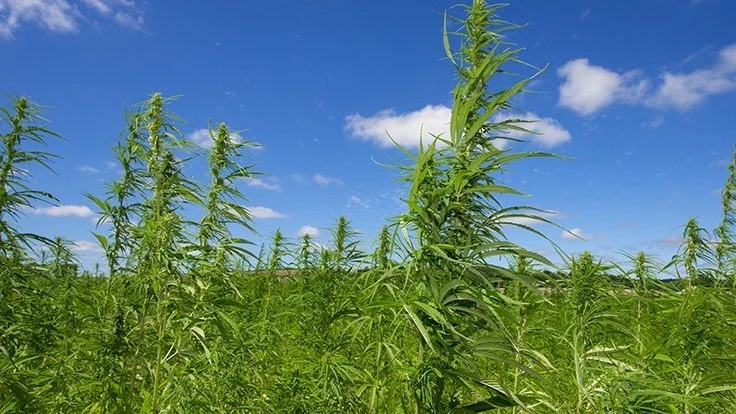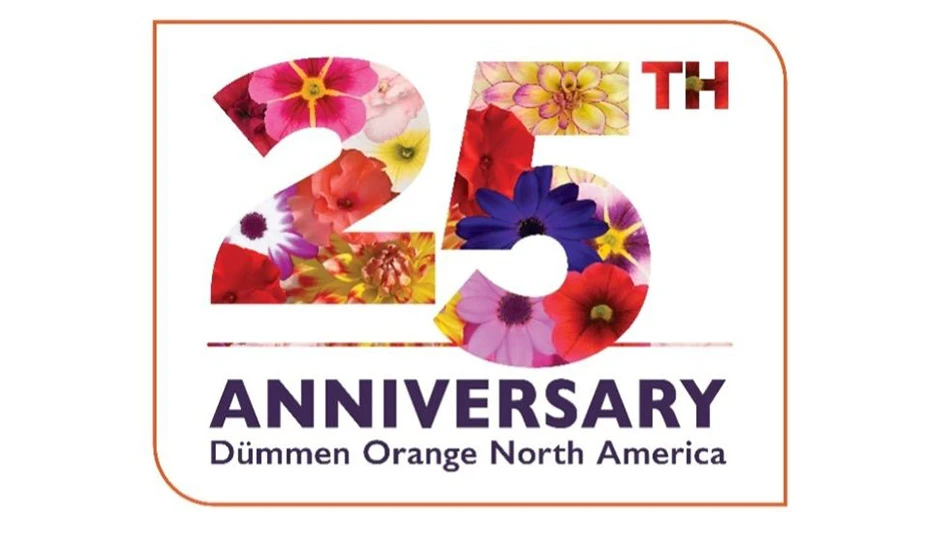U.S. Sen. Mitch McConnell (R-Ky.) announced on March 26 that he will introduce a bill next week to legalize and subsidize industrial hemp cultivation. The Senate majority leader was joined at a press event by Kentucky Commissioner of Agriculture Ryan Quarles in praising the Hemp Farming Act of 2018, which will also remove industrial hemp from the federal government’s list of controlled substances.
“Hemp has played a foundational role in Kentucky’s agricultural heritage, and I believe that it can be an important part of our future,” McConnell said via press release.
Kentucky’s Industrial Hemp Research Pilot Program grew out of the 2014 Farm Bill, thanks in part to McConnell’s input. More than 200 growers and processors have joined the program’s efforts to “build a body of knowledge on hemp agronomics that will lay a solid foundation for a thriving industry should hemp be removed from the federal government’s list of controlled substances.”
(Editor's note: Read our September 2017 cover story about one Colorado grower's experience cultivating hemp here)
McConnell’s impending bill brings us to the eve of that historic action. Kentucky farmers, no doubt, are in prime position to take advantage of a legal industrial hemp market.
“Here in Kentucky, we have built the best Industrial Hemp Research Pilot Program in the country and have established a model for how other states can do the same with buy-in from growers, processors and law enforcement,” Quarles said. “I want to thank Leader McConnell for introducing this legislation which allows us to harness the economic viability of this crop and presents the best opportunity to put hemp on a path to commercialization.”
Until the Farming Act of 2018 is approved, though, the federal government maintains industrial hemp oversight falls under the umbrella of the U.S. Department of Justice and the Drug Enforcement Administration (DEA). Under President Trump, the executive branch has signaled opposition to legalization. Last month, Greg Ibach, undersecretary for the U.S. Department of Agriculture, said, "Opening the door wide open nationwide, with no restrictions, may not be in the best interests of the hemp industry. One of the challenges we maybe have in the hemp industry is to make sure that demand and production coincide.”
Currently, the DEA remains tied up in a lawsuit filed by the Hemp Industries Association (HIA). Oral arguments were made in late February, and the DEA attorney cited language in a 2016 policy statement that pegged industrial hemp as a Schedule-I substance regardless of its distinction from THC-rich marijuana. (The 2014 Farm Bill, approved by the U.S. Congress, excluded industrial hemp from its definition of marijuana, setting off this latest HIA lawsuit.)
Top photo courtesy of Adobe Stock






